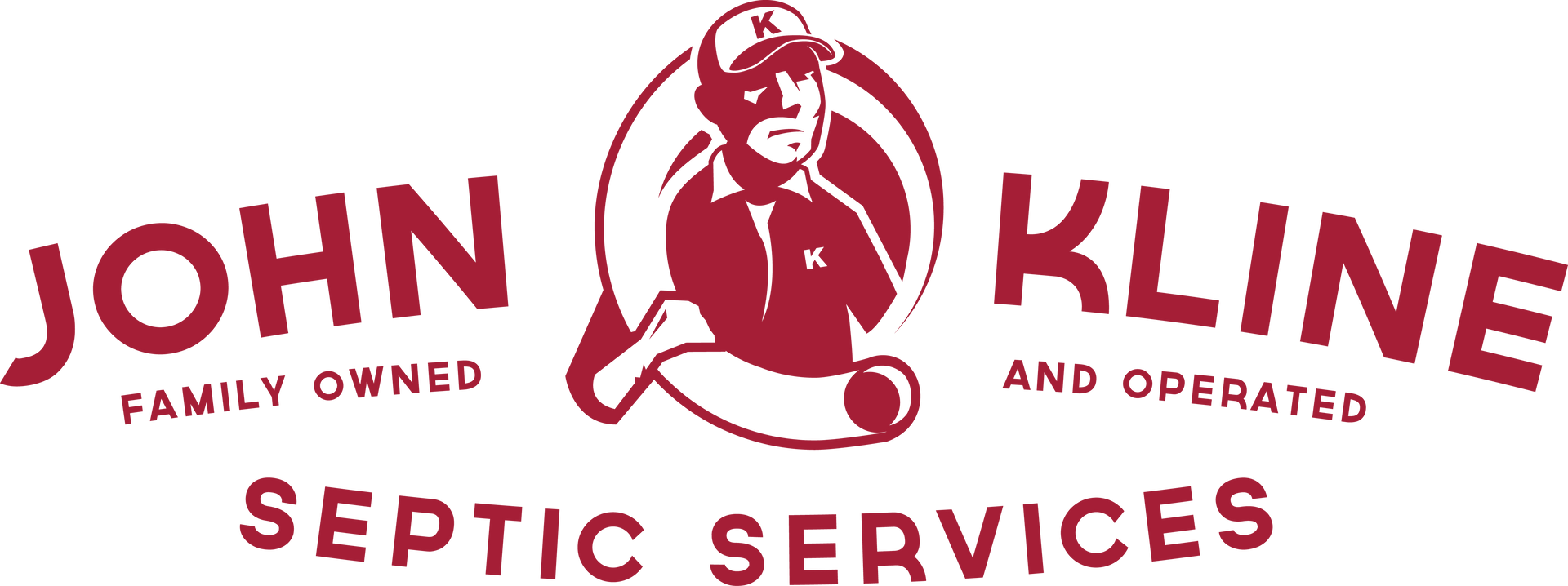Pump Repairs
Your septic pump is responsible for pumping wastewater from your septic tank to the drainfield. It is a crucial component of your septic system, particularly in situations where gravity alone cannot move the wastewater. Repairing your septic pump is essential to prevent backups, system overflows, and potential damage to the entire septic system. Timely repairs ensure that the system continues to operate efficiently, protecting both the property and the environment.
Troubleshooting Your Septic Pump Problems
Septic Pump Failure Due to Backup or Clog
In this case, you will likely hear your pump alarm going off. Timely repairs are key to preventing further damage. When the septic pump isn't functioning, wastewater can back up into the home or overflow into the drain field
Electrical Issues
These issues may include faulty wiring, a blown fuse, or a malfunctioning float switch, all of which can prevent the pump from turning on or operating correctly.
Mechanical Issues
Like any mechanical device, septic pumps can experience mechanical failures over time. Motor issues, worn-out parts, or damaged components can cause a failure.
Types of Pumps We Service
As Central Pa's septic experts, we are dedicated to providing you with reliable, professional service to meet all of your septic pump needs. We are proud to install Gould's Pumps which are Made in USA and our technicians offer service for all brands.
Sewage Pumps
A sewage pump is commonly used to remove wastewater from a home or business, typically installed in a basement or crawl space. These pumps are capable of transporting wastewater over distances of up to 750 feet and can move as much as 200 gallons per minute.
Effluent Pumps
The main difference between an effluent pump and a sewage pump is that effluent pumps are meant for pumping grey water with minimal solids, preferably smaller than 1/2" in diameter, whereas sewage pumps are designed to handle human waste-solids and sewage materials up to 2" diameters. You do not want to use an effluent pump in place of a sewage or grinder pump when the application involves sewage water, waste solids, or passing solids larger than 1/2" in diameter. You may risk the pump burning out prematurely, clogging, or sewage backups.
Grinder Pumps
A grinder pump is a high-pressure, low-volume system designed to grind and transport sewage from a home or business to the sewer system. Typically installed in a basement or crawl space, grinder pumps differ from standard sewage pumps and are not usually recommended for use with septic tank systems.



